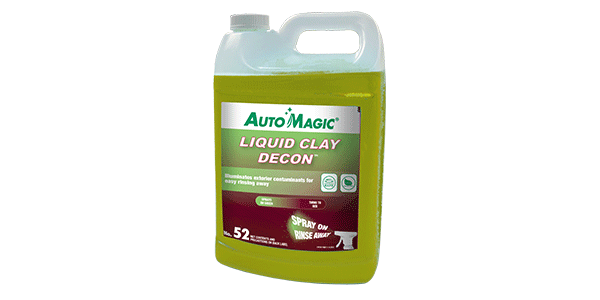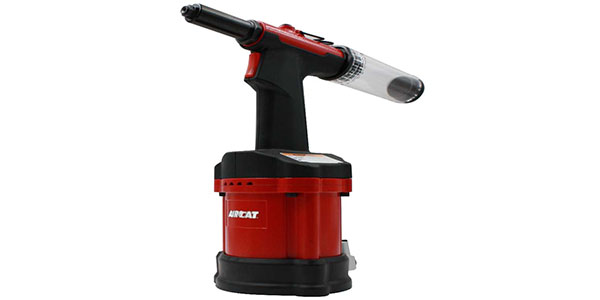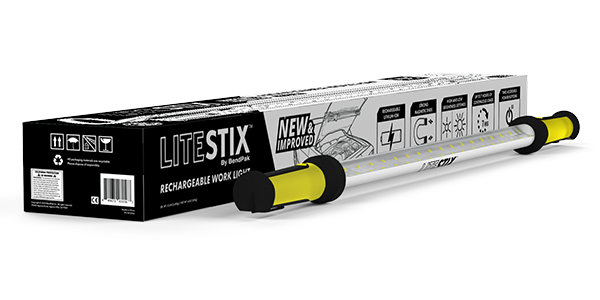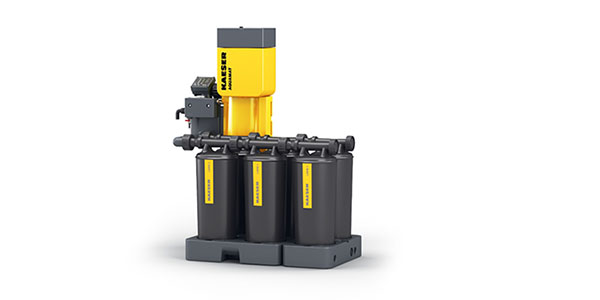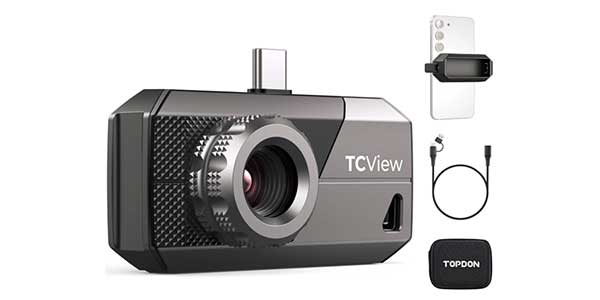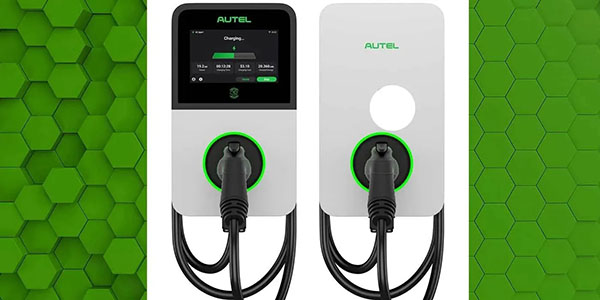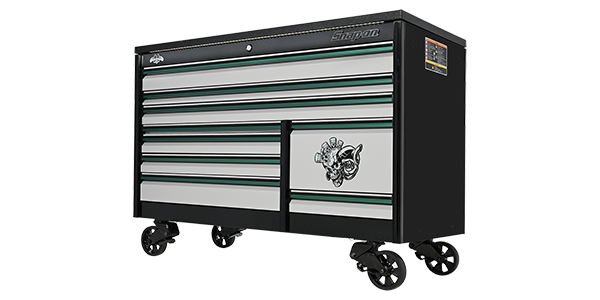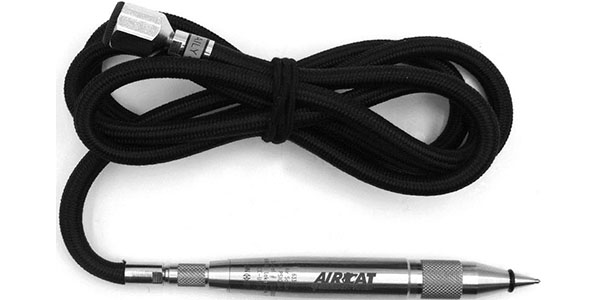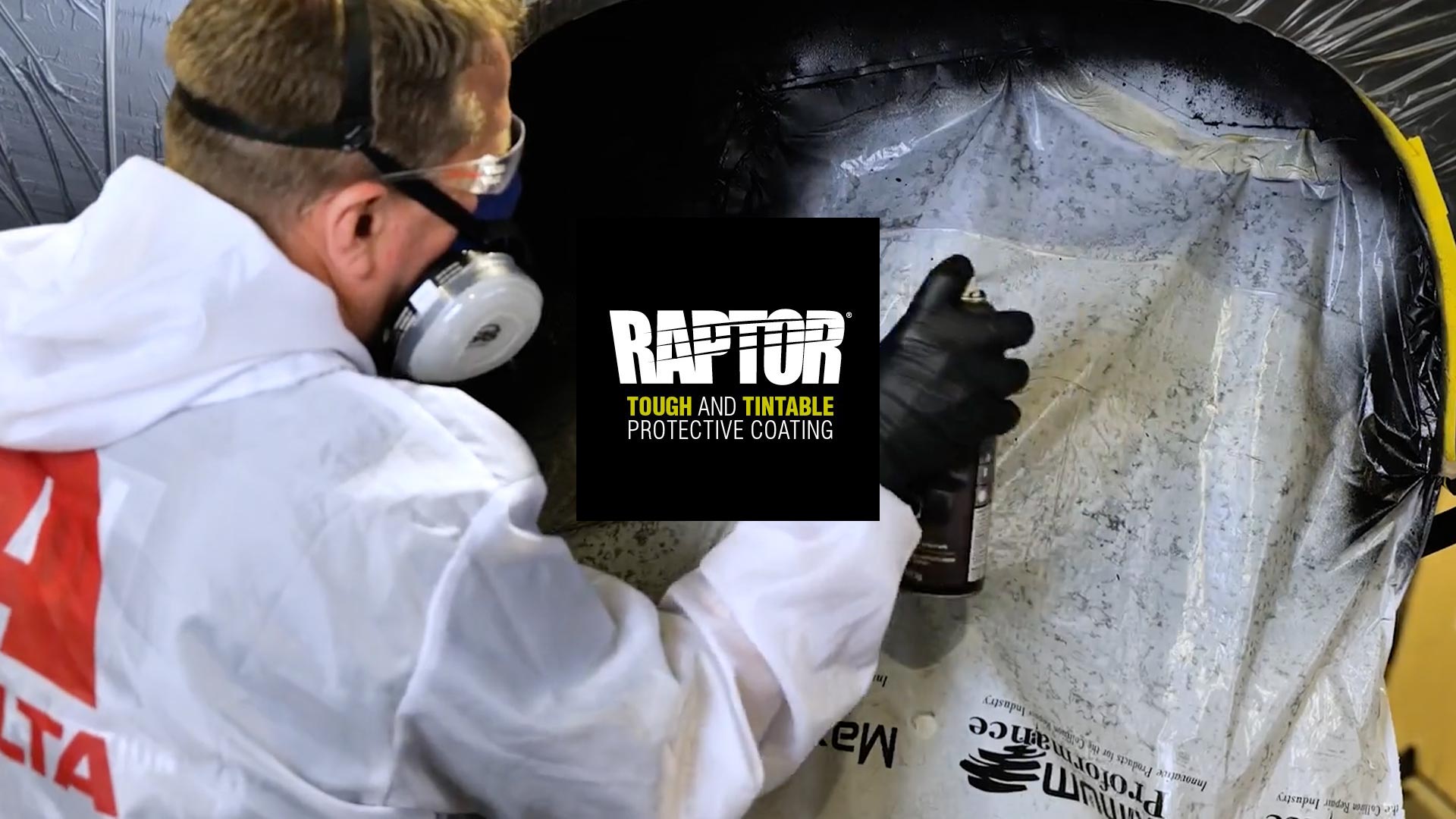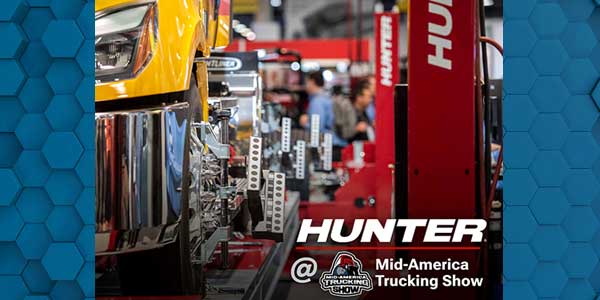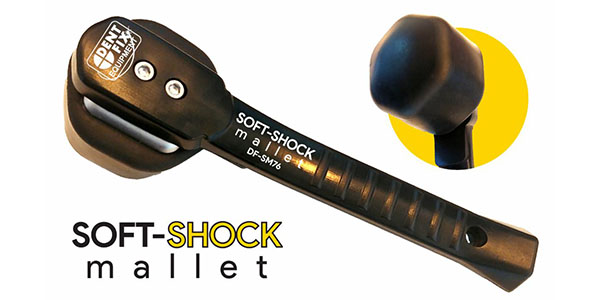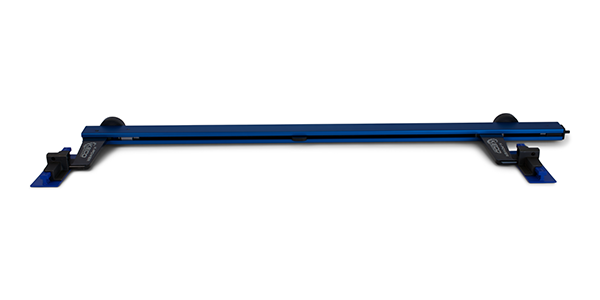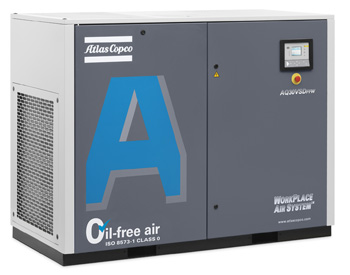
For collision repair facilities, it’s imperative to choose an air compressor that delivers 100 percent oil-free compressed air. The presence of oil in compressed air prevents the adhesion of the paint to the car surface and causes beading, which negatively affects the quality of the finish. Only ISO 8573-1-certified class zero oil-free compressors provide clean, 100 percent oil-free air, virtually eliminating any risk of oil contamination. While the use of water-based paints continues to increase for spray painting applications, they’re also extremely sensitive to the presence of silicones. Silicones in the assembly lubricating oils will migrate into the compressed air stream, creating imperfections in the paint finish. Filters that are designed to guarantee 100 percent silicone-free air greatly reduce the risk of craters and other imperfections from forming in the finish. Class zero oil-free air compressors plus silicone-free filters ensure the highest quality compressed air possible, which increases productivity and cost savings for collision repair facilities.

Campbell Hausfeld
There are three important factors collision repairers should consider when buying an air compressor:
- What application do you need compressed air for? Your application will dictate CFM, HP, max PSI, tank size and air quality. Refer to all the tools you would be using at the same time, and make sure your compressor is supplying enough to handle that work load (size larger if you expect to grow your business over the next few years).
- Where are you going to locate your compressor? Your location determines what power supply is available, how loud the unit should be and whether it needs a weatherproof enclosure.
- How much do you want to spend on your compressor? Along with the first two factors, you can choose a compressor that provides the right amount and quality of air that fits within your budget.

FS Curtis
The most important thing for any body shop is to have a reliable source of compressed air…and a back-up source as well. One of the most important things in this regard is to ensure that the compressor matches the air demand profile. If you’re only going to use your compressor infrequently or in fits and starts, then a reciprocal may be the best fit. If you think you’ll have a consistent demand and value quiet operation, then a rotary may be the best bet. Either way, clean air will be extremely important. This means that it’s almost as important to select the right filters and drying equipment as it is to select the right compressor, especially for the paint booth. The
UltraPack reciprocal or tank-mounted SEG coupled with a DA system is a perfect application for paint booths, whereas a reciprocal UltraPack with a RNP refrig or an UltraPack SEG are ideal for general shop air.

Kaeser Compressors
Ever have issues with water, oil or dirt in compressed air lines? Fisheyes or other paint flaws from wet, dirty air are expensive – wasted labor, paint, abrasives, etc. Bad air quality also reduces pneumatic tool life. Body shops need dryers and coalescing filtration, and the compressor temperature heavily influences how effective they are. Hotter air holds more water. A 20°F rise in temperature doubles the ability of air to hold moisture in a vapor state. Rotary compressors typically discharge air 100 to 150°F cooler than pistons, making dryers much more effective in condensing and removing moisture. Hotter air may also increase oil carry-over. Typically, piston/reciprocal compressors start with 10 to 20 ppm oil carry-over, which increases as the rings wear. High discharge temperatures can decrease filter effectiveness. Rotary compressors typically have only 1 to 7 ppm oil carry-over, which is more easily captured due to the low discharge temperature.

